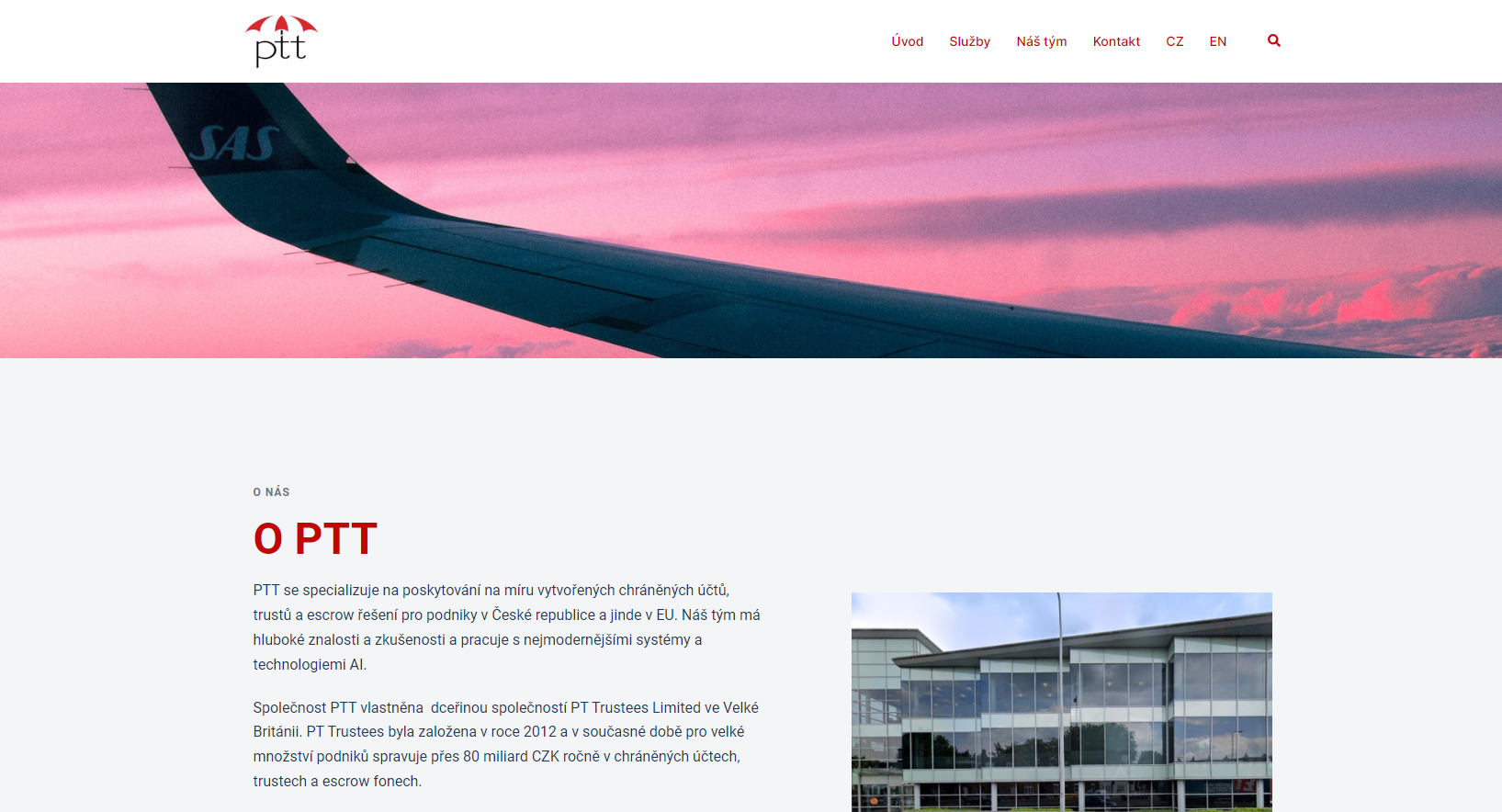When you are the trustee of a trust and you do something dishonest or something especially stupid, then it is you, personally, who are responsible. If the trust has lost money, then you will be responsible for repaying that loss from your own pocket.
That’s quite frightening.
When I was a junior lawyer, many years ago, the partner in charge of my department acted as the trustee of our clients’ trusts. Alister (for that was his name) was, and remains to this day, a very highly experienced and competent lawyer. He acted as the trustee of hundreds, probably thousands of client trusts. In fact, he was the trustee of so many trusts that I am sure he could not possibly remember each one.
Yet even so, Alister was a relaxed man. He did not fear his role. He was not afraid. He did not even worry about his role.
I contrast that with an interesting and rather sad situation that is currently evolving in the Czech where a number of trustees, each of whom acted as the trustee of a much smaller number of trusts than Alister, are now very worried indeed. (If they are not worried, then they should be).
Those trusts may have lost money. I anticipate that these trustees will most likely have to compensate the trusts for any such losses out of their own pockets. And it seems that there may be a lot of losses.
So why was Alister so relaxed, and these people so nervous?
In English, the word for svěřenský fond is trust. It is not a coincidence that that word also means:
“Firm belief in the reliability, truth, or ability of someone or something; confidence or faith in a person or thing”
When someone appoints you as a trustee, it is a great honour. That’s because the person is telling you that they have confidence and faith in you and in your ability to look after their best interests. A trust is not a business deal – it is something much more personal than that.
Being a trustee is a rewarding and satisfying role. As a trustee, you are expected to do your best. You are not expected to be an expert in all things and nor are you expected to be right all the time. It is perfectly OK to make mistakes. As long as you were trying your best and being sensible, that is fine.
So to repeat: There is nothing to fear from being a trustee.
Or perhaps I should rephrase. There is nothing to fear from being a trustee provided you act sensibly and put your client’s interests ahead of your own.
Alister was relaxed because he had a system in place to make sure that a few simple and important things were done properly. He didn’t even do the work himself – he delegated it to the junior people in the team such as me. But what he did do was to make sure that there were processes and systems. That meant for example that every trust investment was made according to a system which ensured that the diversified investment portfolio was appropriate for the trust, and using the services of a professional investment expert. Alister did not try to do the investment himself (he is a lawyer, not an investment expert) and he did not receive any money or commission from the investment companies. He did lend trust money, but when he did so he made sure he would get paid back – usually by taking security. He reduced risk by diversifying – never putting all the eggs in one basket.
If the value of the investments went down, Alister was not nervous. That is because he had done his best, in a professional way, to manage the money in his clients’ best interests. Again, as a trustee, you are required to be sensible and careful. You are not required to be right.
In contrast, at least according to the information we have, the Czech trustees mentioned above:
- Lent all the trust money to a single partner without taking security
- Accepted large personal commissions for doing so
They seemed to think that by passing the money on, they were somehow absolved of responsibility.
That is not so.
I hope the money will be found to repay the trusts, but if it is not, then this will be a very painful lesson to all those involved not to forget the meaning of the word trust.
Finally, a word on administration.
Part of the key to Alister’s success was that he had a team of people checking that everything was being done correctly and warning of any possible problems. If the Czech trustees mentioned in this article had used a professional administration service, they would have been warned of the risks of what they were doing.
My former colleagues at Svěřenské fondy a trusty offer exactly this service. If you have a trust but do not have professional administration, I would strongly recommend getting in touch with them.
Photo credit: Alon https://www.flickr.com/photos/photoloni/6321527653









